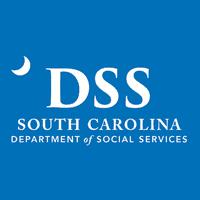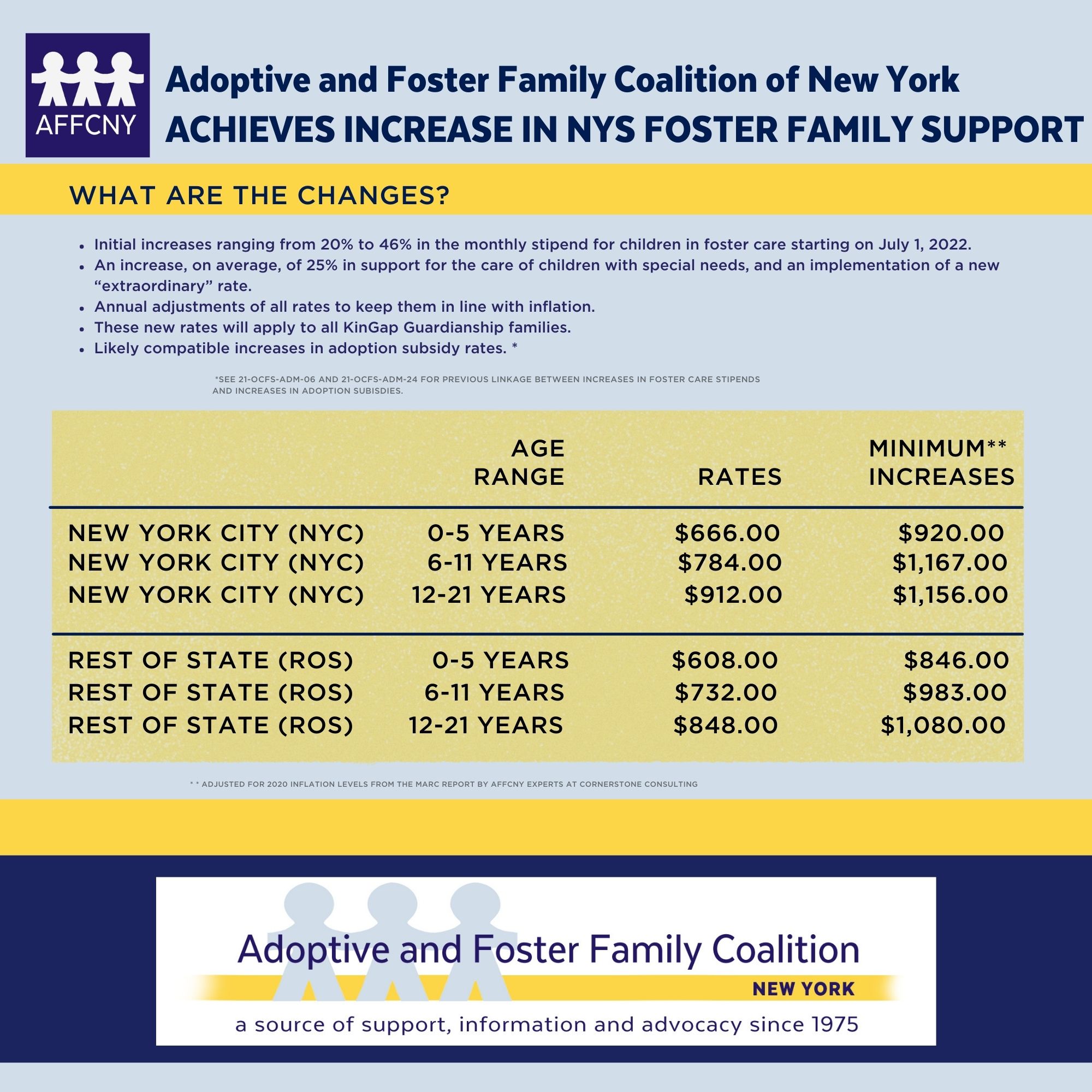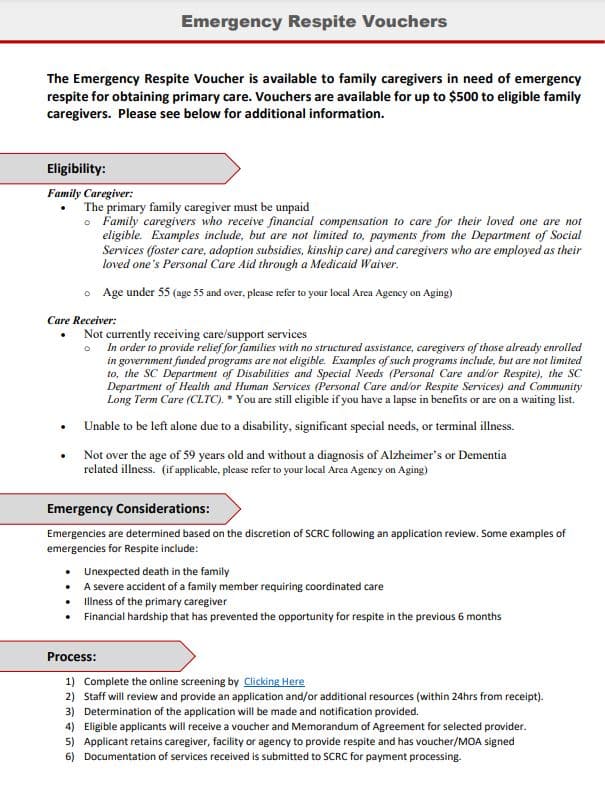The foster care system serves a vital role in providing care for children who cannot live with their biological families. In South Carolina (S.C.), foster care payments are crucial for ensuring that foster parents can meet the needs of these children. This article delves deep into S.C. foster care payments, exploring various aspects like payment amounts, methods, platforms, and tips for navigating the system successfully.
Understanding S.C. Foster Care Payments
What Are Foster Care Payments?
Foster care payments are financial assistance provided to foster parents to cover the costs associated with raising children placed in their care. This financial support is crucial for the well-being of foster children, ensuring they have access to basic needs such as food, clothing, and education.
Types of Foster Care Payments in S.C.
- Basic Care Payments: These are monthly stipends given to foster families to cover daily living expenses.
- Additional Needs Payments: Extra payments for children with special needs or requiring additional support.
- Medical Expenses: Coverage for medical care and services not included in the basic payments.
Payment Amounts for Foster Care in South Carolina

The payment rates for foster care in South Carolina can vary based on several factors, including the age of the child and the level of care required. As of recent updates, here are the typical payment ranges:
| Child’s Age | Basic Monthly Payment | Additional Needs Payment |
|---|---|---|
| 0-5 years | $500 | $100 |
| 6-12 years | $600 | $150 |
| 13-18 years | $700 | $200 |

How Are Foster Care Payments Distributed?
State Funded Programs
Foster care payments in S.C. are primarily funded by state resources, which includes federal funding through programs such as Title IV-E of the Social Security Act.

Payment Schedule
Payments are typically distributed monthly but may be subject to processing delays or additional requirements.
Direct Deposit vs. Checks
Foster parents can choose to receive payments via direct deposit or paper checks. Direct deposit is generally recommended for its convenience and efficiency.

Platforms and Services for Managing Foster Care Payments
Payment Management Platforms
Several platforms can assist foster parents in managing payments, tracking expenses, and ensuring they receive the support they’re entitled to:

| Platform | Features | Pros | Cons |
|---|---|---|---|
| FosterPay | Payment tracking, expense reporting | User-friendly interface | Subscription fee |
| CareBridge | Centralized payment system | Comprehensive reporting | Complex setup |
| Evercare | Financial planning tools | Free to use | Limited features |
Support Services for Foster Parents
Various organizations offer support services to foster parents, helping them navigate payment systems and understand their rights:
- Foster Care Support Foundation: Provides financial education and resources.
- Local DSS Offices: Manage payment distribution and can address concerns.
- National Foster Parent Association: Offers training and advocacy for foster families.

Tips for Navigating S.C. Foster Care Payments
- Stay Organized: Keep all documents related to payments and foster care, such as receipts and communication with the state.
- Communicate with Your Caseworker: Regularly check in to ensure you’re receiving all payments you’re eligible for.
- Utilize Technology: Consider using management platforms to track payments and expenditures.
- Educate Yourself: Stay informed about changes in policies regarding foster care payments.

The Pros and Cons of Foster Care Payments
Pros
- Provides essential financial support to foster families.
- Helps ensure the well-being of children in foster care.
- Offers additional support for children with special needs.
Cons
- Payment amounts may not always meet the actual costs of caregiving.
- Complexity in managing different payment types and schedules.
- Potential delays in payment processing can add stress.
Frequently Asked Questions (FAQs)
What is the average monthly foster care payment in South Carolina?
The average monthly foster care payment varies by the child’s age, typically ranging from $500 to $700, with additional needs payments available.
How can I apply for foster care payments in S.C.?
Applications for foster care payments can be made through your local Department of Social Services (DSS) office. Ensure all required documentation is submitted.
Are foster care payments taxable?
Foster care payments are generally not considered taxable income for federal tax purposes, but it’s advisable to consult a tax professional for specific guidance.
How can I track my foster care payments?
Many foster parents use management platforms like FosterPay or CareBridge to keep track of their payments and expenses efficiently.
Citations and Further Reading
- U.S. Department of Health & Human Services – Foster Care Program Report
- Child Welfare Information Gateway – Foster Care Fact Sheet
- South Carolina State Government – Department of Social Services
In conclusion, understanding S.C. foster care payments is crucial for foster families. By being informed and utilizing available resources, foster parents can effectively navigate this important aspect of the foster care system, ensuring that they can provide the best possible care for the children in their homes.